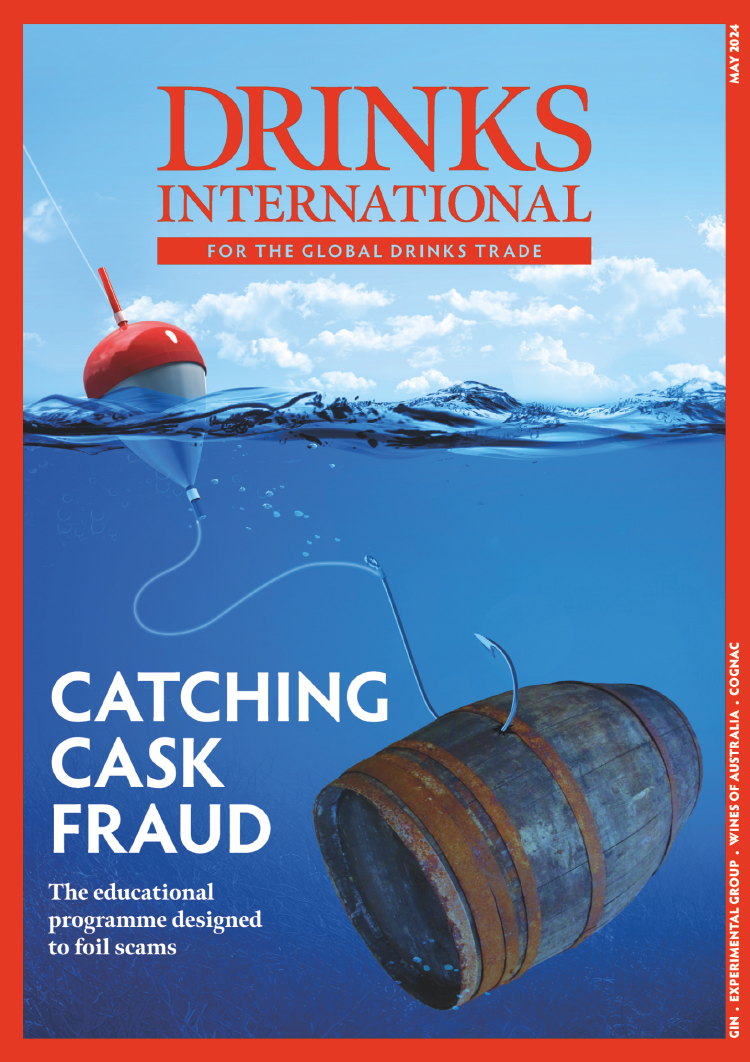What does the bar of the future look like? It’s a question that conjures images of sci-fi futurism, clean lines and automation and it’s a question that the bar world’s innovators need to ask. The reality is less sterile and more modest. Increasingly, the world’s most forward-thinking bars are preoccupied with collaboration, building community and closing the loop of ingredients and waste. It’s a philosophy embraced by Jean Trinh at Alquímico in Cartagena, Colombia, Matt Whiley at Re in Sydney, and Alex Francis and the team at Little Red Door in Paris to name a few. Line, the new Athens venue launched by The Clumsies co-founders Vasilis Kyritsis and Nikos Bakoulis alongside Dimitris Dafopoulos, co-founder of mixer brand Three Cents, is a distinctly modern bar cut from the same cloth.
“The building used to be a gallery and there we focus on the community, the collaborations and the circular economy of ingredients,” explains Kyritsis. “The way we always think is circular. I’m not going to say it’s a fully sustainable bar, but we try to work and think in a sustainable way.
“We opened The Clumsies when we were 27 years old and now we’re 36, with more experience and having travelled much more. It’s not the next step for us but a different step that is the result of all of that travel and the inspiration we received from other people in other cities and countries. We’re trying to highlight and express this inspiration with our personal touch.”
At Line, homemade fruit wines, called Why-ins, form the core of the drinks list. The waste from the fruit wines is reused in the bar’s cocktails, and sourdough bread and beer are also produced from waste ingredients. In fact, 85% of the food on the menu comes from ingredients that would otherwise be destined for compost or landfill.
“For the fruit wines that we make in-house, we tried to find the best farmers from all over Greece. We secure big boxes of the best quality fruit that we can find from them depending on the seasonality, sometimes that’s 600 kilos of fruit. We then make two kinds of Why-in – Classic, which are pure expressions of the fermented fruits, and Fancy, where the fruit wines are enhanced with housemade distillates, fresh fruit, or other aromas or processes.
“Collaboration is very important for us. We’re bartenders, not winemakers, so we’ve collaborated with one of the most important winemakers in Greece, Thanos Georgilas. He is the winemaker at T-Oinos Wines and used to make yeasts for Opus in Napa Valley, he’s so talented. So, imagine two bartenders asking him to make fruit wines, it’s like asking a tequila producer to make mezcal. But he agreed and he’s now going to be our partner on future plans.
Environmental reality
The choice of fruit wines isn’t just a taste preference, it also speaks to an environmental reality around the future production of wine in Greece.
“Grapes are very sensitive,” says Kyritsis. “With the climate changing, many popular varieties of grapes will change in profile all over the world, but especially in Europe. Other fruits aren’t so sensitive, so they are much more adaptable.
“Our job is always to keep moving forward. Our industry is constantly changing, trends come and go, and you always need to think about the future, that’s our mentality. As bartenders, Nikos and I want to always be curious about exploring new things.”
Line has been an instant success. In its first year open it was named number 31 in The World’s 50 Best Bars, a testament not just to the vision and ability of its founders but also their talent for packaging complex ideas in an uncomplicated way.
“Nowadays, people are searching for the craziest stuff presented in the craziest way, but at the end of the day, is that something people can love on a daily basis and not just for one presentation? I don’t think so. Our philosophy is that even if we are doing very experimental things behind the scenes, we want to present it in the simplest way, I think people appreciate that. All over the world, in the most classic or the most innovative bar, if you can’t explain yourself in a simple way to your audience, it’s not going to work.”




